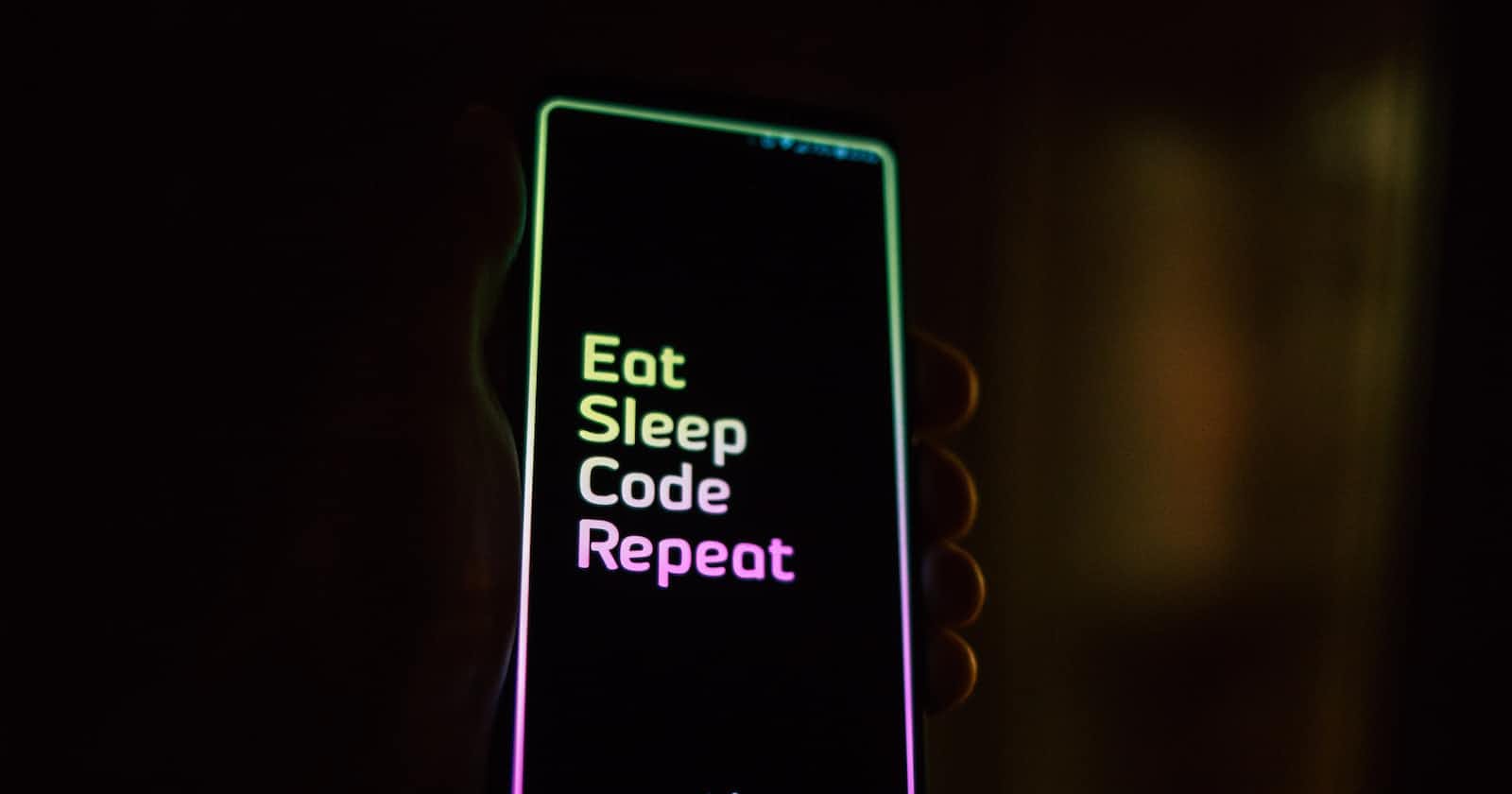Some tips on how to revise LeetCode problems that you have attempted
Review your initial solution: Take a look at the code you wrote initially and try to understand what it does. Identify the key data structures and algorithms you used and how you applied them to solve the problem.
Understand the problem statement: Make sure you understand the problem statement and the constraints involved. This will help you to identify potential edge cases and avoid common mistakes.
Analyze the time and space complexity: Understand the time and space complexity of your initial solution and see if there are ways to optimize it. You can use Big O notation to describe the time and space complexity of your algorithm.
Test your code with different test cases: Try to come up with test cases that cover a variety of scenarios, including edge cases. This will help you identify any potential bugs or logic errors in your code.
Look at other solutions: Take a look at other solutions to the problem and try to understand how they work. This will give you new ideas and insights on how to solve the problem more efficiently.
Implement new solutions: Once you have a good understanding of the problem, try to come up with new solutions. You can start by modifying your initial solution or combining ideas from other solutions you have seen.
Practice regularly: The more you practice LeetCode problems, the better you will become at solving them. Make it a habit to solve at least one problem per day and revise the ones you have already solved regularly.
Write clean and readable code: Make sure your code is well-organized and easy to read. Use meaningful variable names and comments to explain what your code does. This will make it easier for you to understand your code when you revisit it later.
Refactor your code: Look for ways to simplify your code by removing redundant code or using built-in functions. Refactoring your code can make it easier to understand and maintain.
Use a debugger: If you are having trouble understanding why your code is not working, try using a debugger to step through your code line-by-line. This can help you to identify where the problem is occurring.
Collaborate with others: Join LeetCode communities and forums to connect with other developers and get feedback on your code. Collaborating with others can help you to learn new techniques and improve your problem-solving skills.
Track your progress: Keep track of the LeetCode problems you have solved and revise them regularly. This will help you to identify areas where you need more practice and track your progress over time.
Take breaks: If you find yourself getting stuck on a problem, take a break and come back to it later. Taking breaks can help you to refresh your mind and come up with new ideas.

